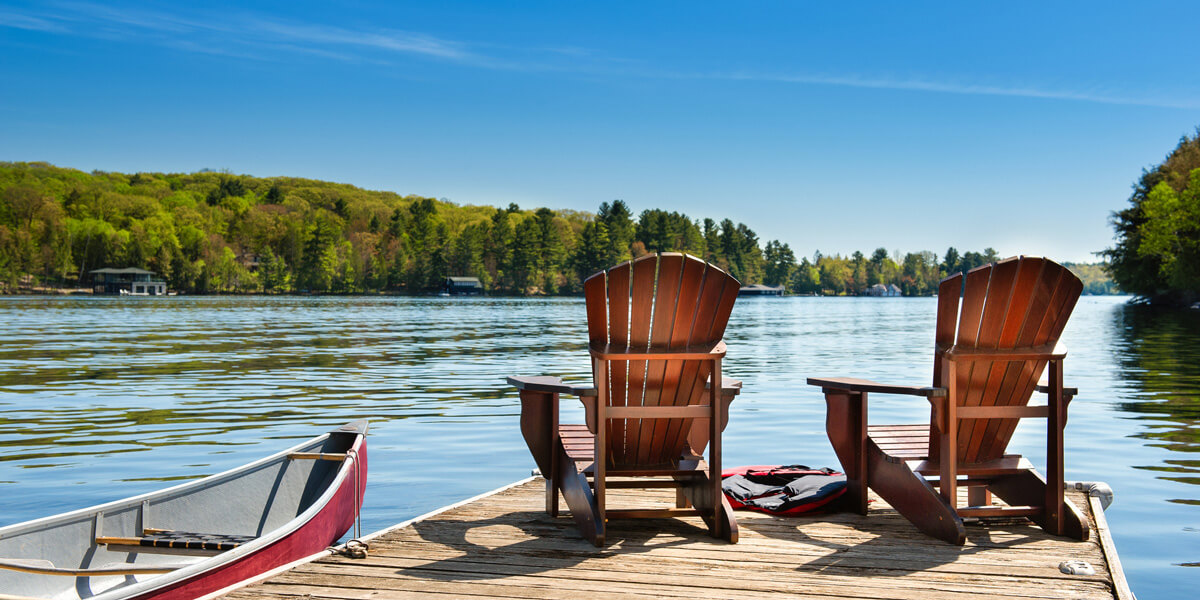The mercury almost touched 65 degrees today, which snapped my head away from the snow blower and on to the prospect of summer for Colorado Academy students. Can’t wait! If we are lucky, and COVID-19 infection rates remain “reasonable,” we may ALL be able to enjoy an old-fashioned, mask-optional June, July, and August. While summer is often at its best when it contains a bit of spontaneity, long afternoons of relaxation, and good times with family, taking a few moments now to think about how to gently shape the coming summer for your child may pay dividends.
Here is what I mean. Given all that we have been through, consider having this summer be a return to “normal” for your children. This might look like a family vacation, a camp experience, a sports opportunity, a music lesson or three, or it might look like weeks that stretch unplanned and open to both boredom and possibility. What is right for your child is likely to look different from what is right for your neighbor’s child, or even their best friend. The ticket is crafting the kind of summer that will help your child recharge and grow in positive ways without being overscheduled.
The benefits of boredom
I’m a fan of boredom for young people. I’ve always believed and tried to practice the super power of imagination. Then again, I’m from the generation when parents were somewhat “neglectful” of us kids. They sent us outdoors in the neighborhood with the twin messages of “have fun” and “be back at six for dinner.” The rest was on us. We either made our own fun or we didn’t. We took what was available in the neighborhood—other kids, an empty lot that was big enough to play ball in, but small enough to break somebody’s window with a good hit, an assortment of balls, and some games. That’s it. The rest was up to us. Some of the games had “real” rules, many had the twists, turns, and heated arguments associated with making up the rules as you went along.
In this sense, I am making an argument for not structuring your child’s summer too much. Give the gift of time to read, reflect, unplug, and play. I mention unplug because many young people’s default when confronted with unscheduled time is to enter the online world. This short-circuits the magic of getting bored, I mean really bored. Bored enough to want to play with your little sister or brother. Bored enough that the board game of Life looks like fun. Bored enough that the only solution is imagination. Now we’re talking!
The advantages of activities
Having sung the praises of unstructured time. I would also like to speak out of the other side of my mouth. Summer is also a super time for kids to develop an interest that is not part of our school curriculum. If possible, it should be an interest that is not one that you think will be good for their future; instead, it would be something your child is legitimately interested in learning. It is amazing the amount of intellectual growth that can happen when a child learns how to sail, swim, mountain bike, or play a new instrument. It could be that your child learns how to program, or do pottery, or make and fly a kite. On the surface, these endeavors do not conjure an image of deeply intellectual pursuit, but they stir connections, foster engagement, encourage agency, and help the brain make new connections that can then be harnessed to other types of intellectual pursuits in the fall. It is also just plain fun.
My hope is that with a little planning now, this summer can be truly rejuvenating for all of us, parents and children alike. On my end, my wife and I have a couple of small trips in mind and a good deal of reading and relaxing time. Our hope is to hit the “refresh” button. I hope the same is true for each of you.
